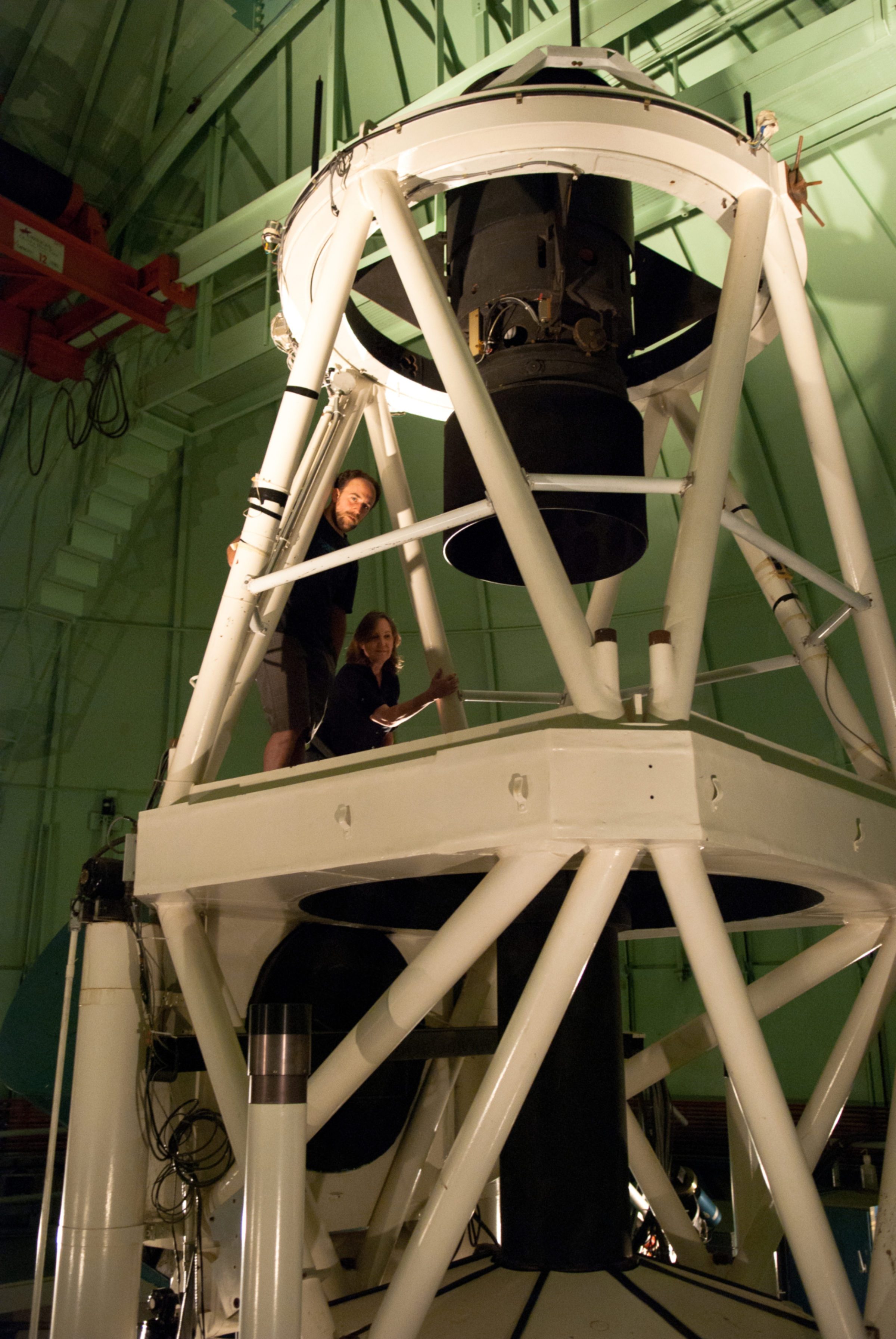Bruce Betts • Jul 26, 2013
Upgraded Alpha Centauri Planet Search Underway
This is a quick, belated update from me about the partially Planetary Society sponsored Alpha Centauri planet search, mostly to let you know it started using its newly upgraded system (discussed below) in May. Planetary Society members provided support to rent telescope observing nights for Debra Fischer from Yale and her group to continue to observe the Alpha Centauri system, now with an improved guiding system. Fischer and her colleagues also are employing a FINDS (Fiber Optic Next generation Doppler Search for) Exo Earths system developed because of support provided from Planetary Society members.
Alpha Centauri, the closest system of stars to the Earth, consists of two Sun like stars (Alpha Cen A and B), as well as the much smaller Proxima Centauri far from the other two. Here is an update from Debra Fischer about the main upgrade to the system and the initiation of observations using the new system.
We designed, constructed and installed (in April) a critical tip/tilt guiding system at the 1.5-m telescope [at the Cerro Tololo Inter-American Observatory in Chile] where the CHIRON spectrometer is located. This system was needed because the two stars (Alpha Cen A and B) are only about 6 arcseconds apart now and the guiding that we had with the aging telescope control system on the 1.5-m was not fast enough. For single stars, this just meant that we lost light during brief intervals when the star was not centered on the input fiber, but for Alpha Cen, poor guiding introduced contamination from the companion star.
Tonight, May 5th, we begin an intense survey of Alpha Cen A and B. The telescope time that we are using this month was purchased with generous donations from the members of the Planetary Society. Thanks so much to everyone!

Want a primer on exoplanets and exoplanet hunting? You can watch my class below from my Spring 2013 Introduction to Planetary Science and Astronomy college course at California State University Dominguez Hills.
Intro Astronomy 2013. Class 11: Exoplanets and Solar System Origin and Formation Lecture 11 of Dr. Bruce Betts' 2013 online Introductory Planetary Science and Astronomy course covers Exoplanets (planets around other stars) including discovery techniques and current knowledge and characteristics, and multi-planet systems including a previously recorded interview with Kepler scientist Dr. Darin Ragozzine (Smithsonian Astrophysical Observatory). Lecture 11 also covers the origin and formation of the Solar System as well as a quick look at Kepler's 3rd law and planetary orbits. Recorded at California State University Dominguez Hills.
Support our core enterprises
Your support powers our mission to explore worlds, find life, and defend Earth. You make all the difference when you make a gift. Give today!
Donate

 Explore Worlds
Explore Worlds Find Life
Find Life Defend Earth
Defend Earth

